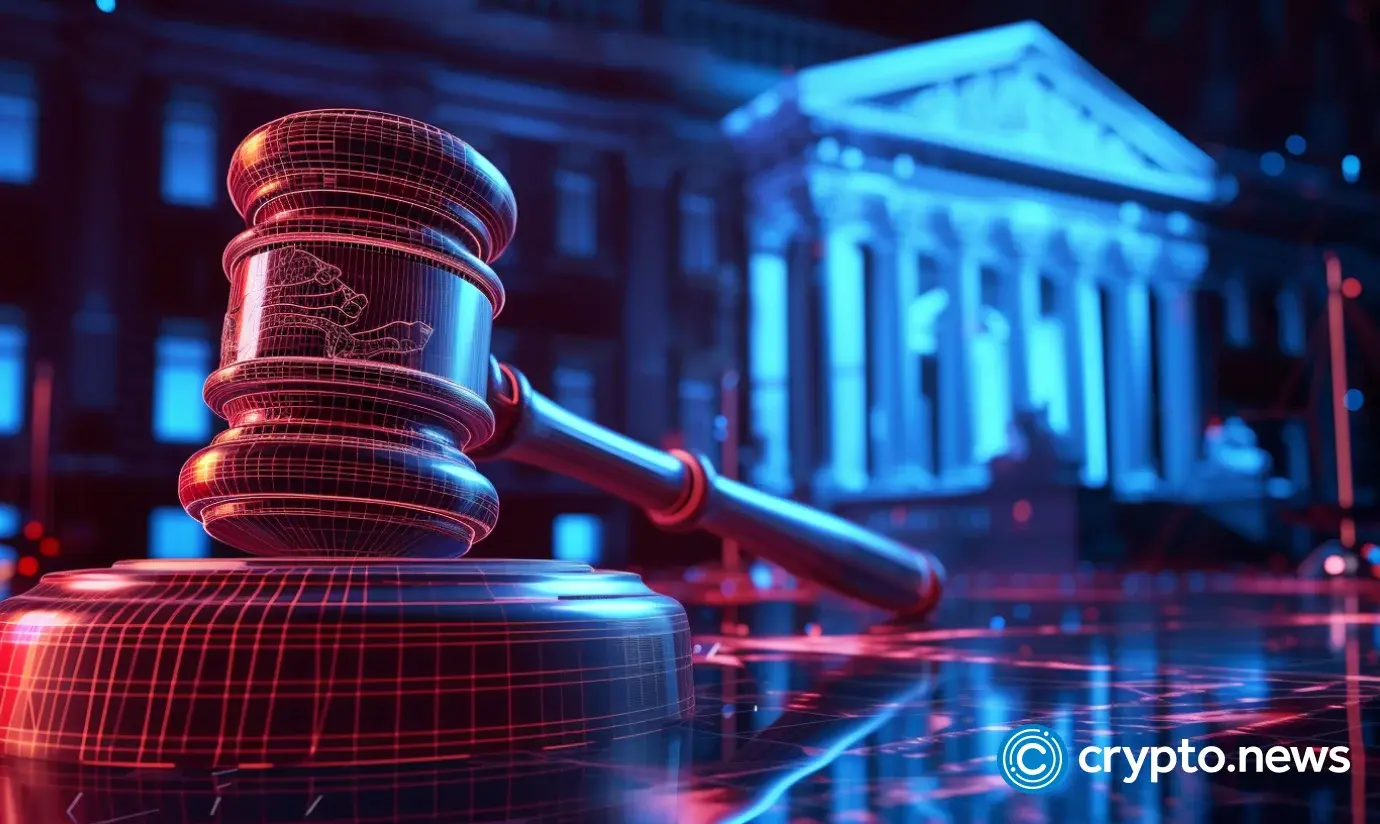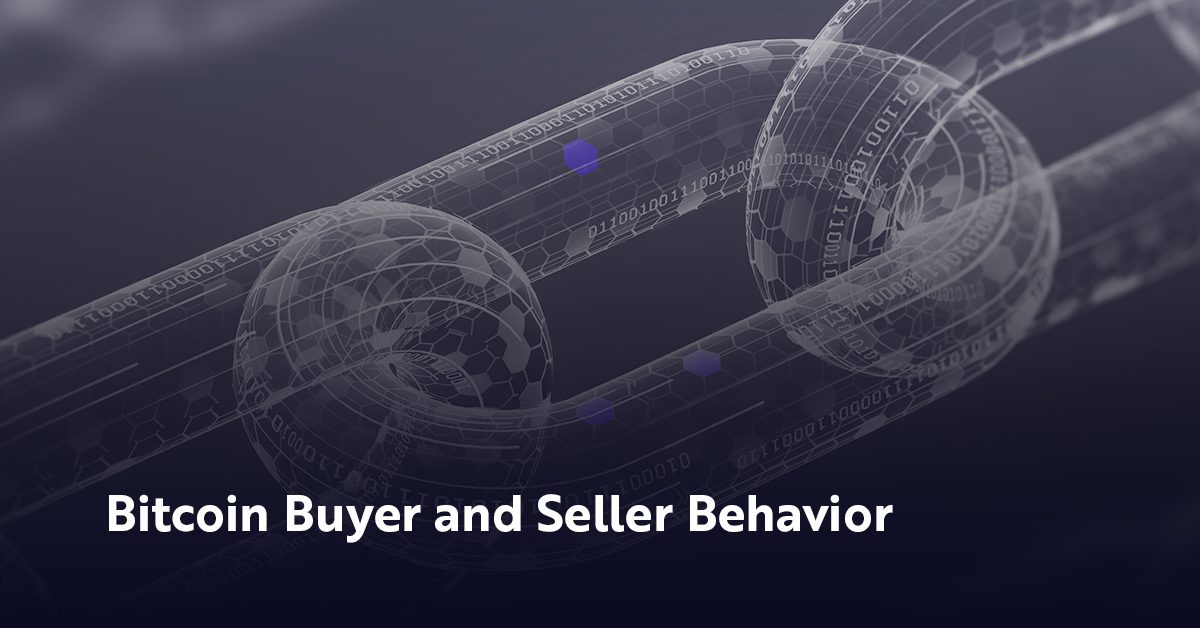The double-edged nature of cryptocurrencies has become increasingly apparent, particularly in their role in facilitating child sexual abuse material (CSAM). Former Whitehouse insider Moe Vela told crypto.news that he expects the government to intervene soon.
US senators Elizabeth Warren and Bill Cassidy have attacked the cryptocurrency sector, raising concerns about the matter. Federal agencies have been urged to improve their capacity to detect and prosecute cryptocurrency transactions linked to CSAM.
Their call comes at a critical time when privacy-focused cryptocurrencies and commingling services have been identified as tools for laundering funds derived from CSAM, as detailed in recent studies by Chainalysis and the Financial Crimes Enforcement Network (FinCEN).
The senators’ concerns prompted the Department of Justice (DOJ) to take action against platforms such as KuCoin and Binance, which involved charges related to operating an unlicensed money transfer business and processing suspicious transactions. The call for tighter regulation and industry-wide oversight is clear as agencies continue to develop new tools and strategies to address the growing misuse of digital assets for criminal activity.
Moe Vela, Senior Advisor to Unicoin and former Senior Advisor to President Biden, shared his insight into this critical issue, in an exclusive interview.
Recent events have raised concerns about cryptocurrencies facilitating illegal activities such as CSAM. With Senators Warren and Cassidy calling for tighter regulations, what impact do these proposed changes have on the crypto market, especially to combat illegal activity?
These formidable challenges are inevitable with the introduction of a new currency or financial system. The fact that it was a bipartisan approach, the effort of the two senators will bring some extra viability to the implementation of some solutions. I predict that within the next year our nation will have crypto regulation that I hope will be preventative in nature, informational and empowering, but NOT destructive to the sector. The federal government must fight the urge to over-regulate in a reactive manner. Sound regulation is inevitable and essential.
Building on the senators’ concerns, what regulations do you see as critical to reducing the risks of cryptocurrencies enabling child sexual abuse material (CSAM)?
I am confident that the ultimate result will be an American regulatory environment as it relates to cryptocurrency that will reflect many of the parameters, limitations and protections of the regulatory standards of traditional currency and financial systems.
Given the anonymity and decentralization of cryptocurrencies, which can enable illegal activities such as purchasing CSAM, how important is government involvement to promote transparency and ensure that cryptocurrencies are backed by real assets?
As a senior advisor for Unicoin, this is a topic I am very passionate about. I do believe that the federal government has an integral role in creating a regulatory environment that promotes and encourages transparency, as well as asset return cryptocurrencies. As I’ve been saying publicly for several years, buying Bitcoin could very well put you in business with nefarious forces and arguably some of the world’s most dangerous dictators and nations. Not to mention, that with those early cryptocurrencies you simply buy and trade air. It is beyond me that investors would feel safe and confident buying any security that is not asset backed.
How can we find a balance between regulation and fostering innovation to ensure compliance without stifling the industry?
I am one of those in the cryptocurrency sector who advocates for total transparency, and asset-backed and compliant crypto. The regulations that will be necessary and forthcoming, in my opinion, will be less stringent and stringent as it relates to the risk-mitigating nature of asset-backed, transparent and compliant crypto.
Using traditional financial systems, how can safeguards be adapted to the decentralized nature of cryptocurrency to prevent abuse, especially in cases like CSAM transactions?
In several speeches on this topic over the past few years, I have emphasized how imperative it is that we look at what has worked well in traditional financial systems and what regulations have been effective in preventing CSAM transactions and other egregious activities. We simply introduce what worked and ignore what was ineffective as the crypto-regulatory parameters are developed and implemented. There is no need to completely reinvent the wheel. This is a new and young frontier, but lessons from the past will be essential in setting the tone for the sector’s regulatory future.
On a broader scale, given global financial and security standards, how important is international cooperation in setting regulations that address the use of cryptocurrencies in illegal activities?
The global nature of the cryptocurrency, digital and financial systems makes it absolutely imperative that the United States work with allies around the world. It is imperative that crypto-regulatory standards become respected, adhered to and enforceable across geographic lines. This digital age and blockchain know no geographical boundaries, so regulations, laws and policies must be geo-blind.
Finally, what proactive roles should cryptocurrency exchanges and wallet providers undertake to prevent the use of their platforms for illegal transactions, particularly involving CSAM?
First of all, every wallet provider and crypto exchange should not wait for regulations and guidance from the government. Everyone involved in the crypto and blockchain ecosystem MUST be proactive and implement company policies and procedures that reduce the risk of nefarious activities, including CSAM. In Texas where I grew up, we would say they should take the bull by the horns.
So what do you suggest?
Play offense and don’t wait to play defense is a consistently strong approach when it comes to these regulatory and policy discussions. It is very important that the sector comes together and is part of the solution—to wait until the regulations are developed and implemented and then just complain is irresponsible. Now is the time to get involved and be at the table as they are developed and discussed.
Disclaimer for Uncirculars, with a Touch of Personality:
While we love diving into the exciting world of crypto here at Uncirculars, remember that this post, and all our content, is purely for your information and exploration. Think of it as your crypto compass, pointing you in the right direction to do your own research and make informed decisions.
No legal, tax, investment, or financial advice should be inferred from these pixels. We’re not fortune tellers or stockbrokers, just passionate crypto enthusiasts sharing our knowledge.
And just like that rollercoaster ride in your favorite DeFi protocol, past performance isn’t a guarantee of future thrills. The value of crypto assets can be as unpredictable as a moon landing, so buckle up and do your due diligence before taking the plunge.
Ultimately, any crypto adventure you embark on is yours alone. We’re just happy to be your crypto companion, cheering you on from the sidelines (and maybe sharing some snacks along the way). So research, explore, and remember, with a little knowledge and a lot of curiosity, you can navigate the crypto cosmos like a pro!
UnCirculars – Cutting through the noise, delivering unbiased crypto news















